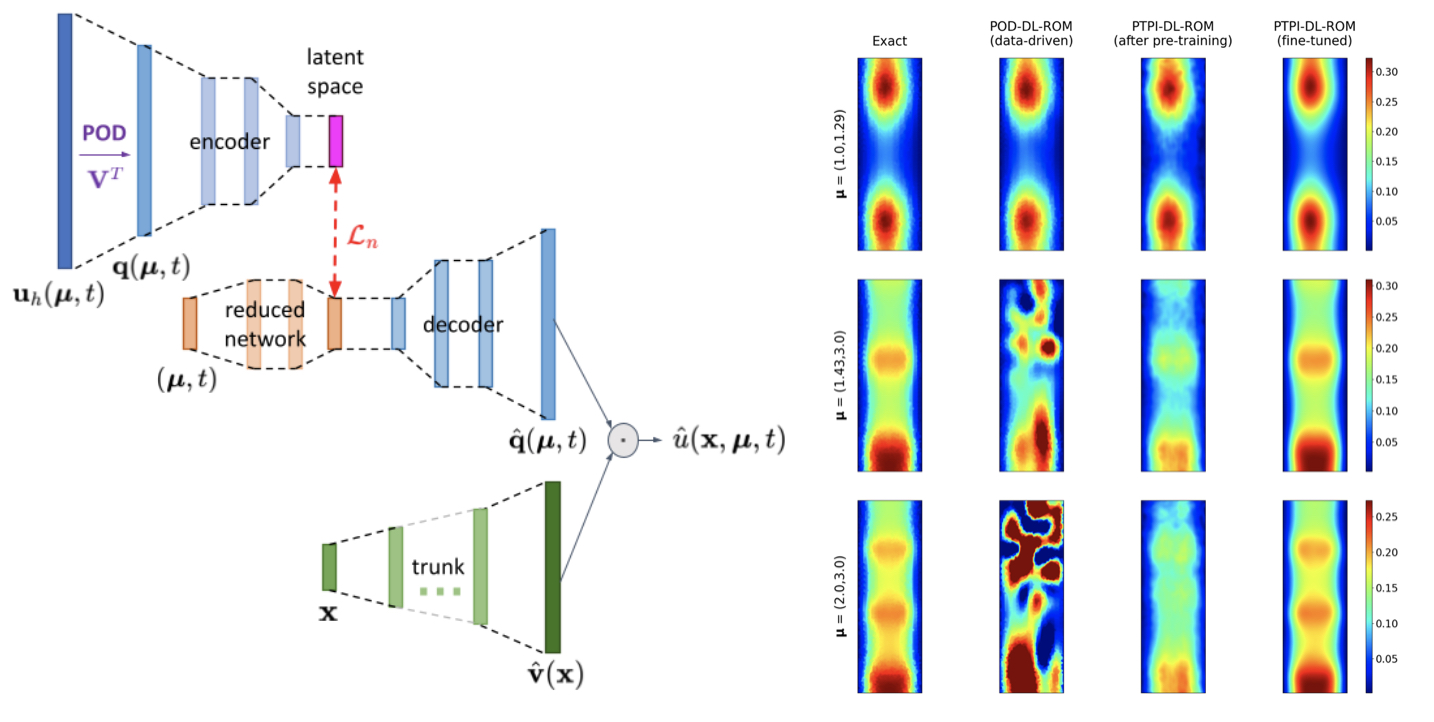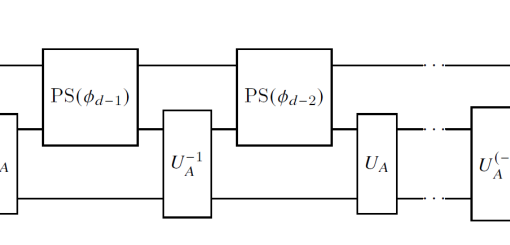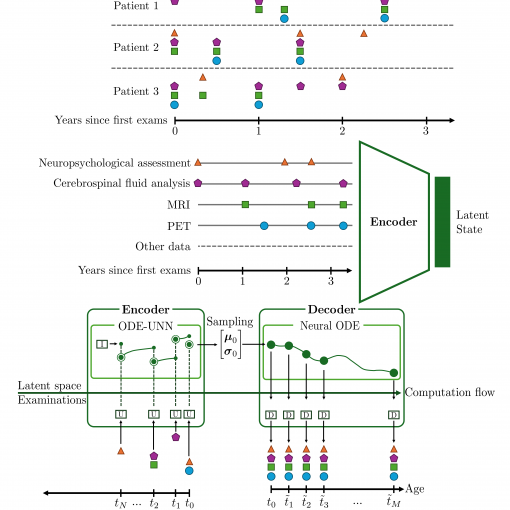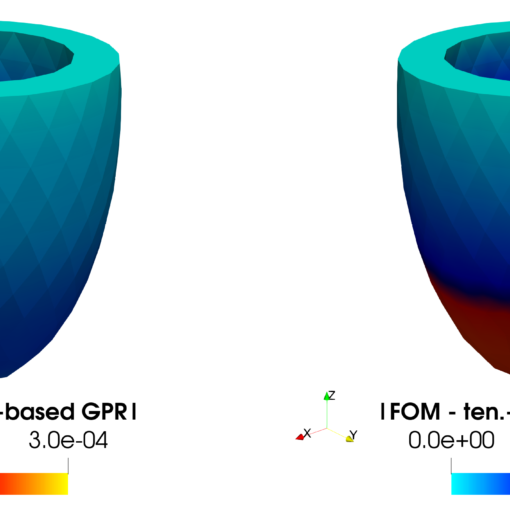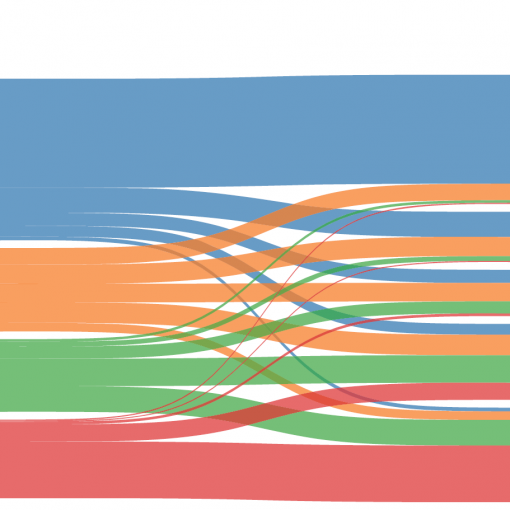A new MOX Report entitled “PTPI-DL-ROMs: Pre-trained physics-informed deep learning-based reduced order models for nonlinear parametrized PDEs” by Brivio, S.; Fresca, S.; Manzoni, A. has appeared in the MOX Report Collection. Check it out here: https://www.mate.polimi.it/biblioteca/add/qmox/96-2024.pdf Abstract: Among several recently proposed data-driven Reduced Order Models (ROMs), the coupling of Proper Orthogonal Decompositions (POD) and deep learning-based ROMs (DL-ROMs) has proved to be a successful strategy to construct non-intrusive, highly accurate, surrogates for the real time solution of parametric nonlinear time-dependent PDEs. Inexpensive to evaluate, POD-DL-ROMs are also relatively fast to train, thanks to their limited complexity. However, POD-DL-ROMs account for the physical laws governing the problem at hand only through the training data, that are usually obtained through a full order model (FOM) relying on a high-fidelity discretization of the underlying equations. Moreover, the accuracy of POD-DL-ROMs strongly depends on the amount of available data. In this paper, we consider a major extension of POD-DL-ROMs by enforcing the fulfillment of the governing physical laws in the training process – that is, by making them physics-informe! d – to compensate for possible scarce and/or unavailable data and improve the overall reliability. To do that, we first complement POD-DL-ROMs with a trunk net architecture, endowing them with the ability to compute the problem’s solution at every point in the spatial domain, and ultimately enabling a seamless computation of the physics-based loss by means of the strong continuous formulation. Then, we introduce an efficient training strategy that limits the notorious computational burden entailed by a physics-informed training phase. In particular, we take advantage of the few available data to develop a low-cost pre-training procedure; then, we fine-tune the architecture in order to further improve the prediction reliability. Accuracy and efficiency of the resulting pre-trained physics-informed DL-ROMs (PTPI-DL-ROMs) are then assessed on a set of test cases ranging from non-affinely parametrized advection-diffusion-reaction equations, to nonlinear problems like the Navier-Stok! es equati ons for fluid flows.
You may also like
A new MOX Report entitled “Telescopic quantum simulation of the advection-diffusion-reaction dynamics” by Zecchi, A. A.; Sanavio, C.; Perotto, S.; Succi, S. […]
A new MOX Report entitled “Predicting Alzheimer’s Disease Progression from Sparse Multimodal Data by NeuralODE Models ” by Zanin, A.; Pagani, S.; […]
A new MOX Report entitled “Uncertainty quantification for nonlinear solid mechanics using reduced order models with Gaussian process regression” by Cicci, L.; […]
A new MOX Report entitled “Clinical and Genomic-Based Decision Support System to Define the Optimal Timing of Allogeneic Hematopoietic Stem-Cell Transplantation in […]

